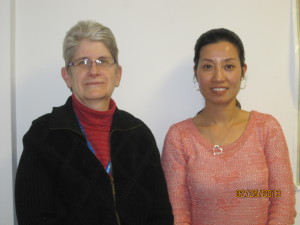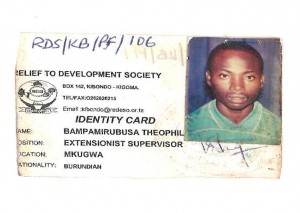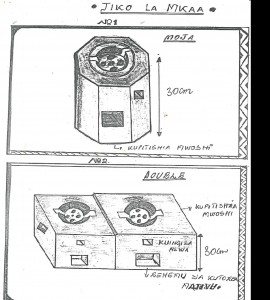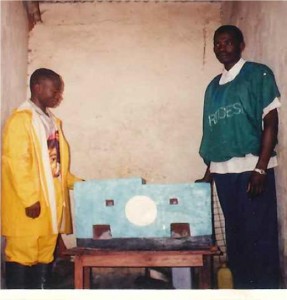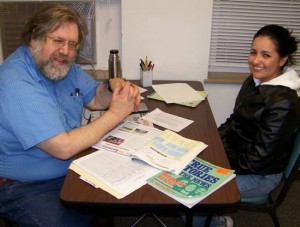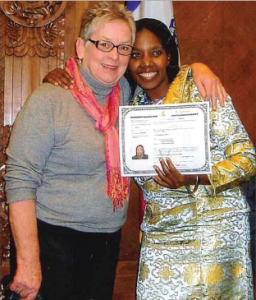In celebration of communi-TEA, José shared stories of how he first relied on others when he came to the United States and how he now helps his friends and community thanks to skills he learned at the Center.
Good afternoon, ladies and gentlemen. My name is José Hermosillo, I’m originally from a small town in Jalisco, near of Guadalajara, Mexico. In Mexico, I studied animal science, and my family and I ran a farm there. Many of my ancestors were farmers.
I would like to introduce my family: my wife, Margarita, my daughter, Fernanda, and my son, Christopher. Right now, Fernanda is a sophomore at Xavier High School, and Christopher is attending 5th grade at St. Joe’s in Marion.
I first came to the US because I needed to work back in 2003. When I first came everything was difficult. For example, at that time I had a car. I knew how to do maintenance and some repairs, but I don’t have the knowledge to order brake pads. To get the pads I need to have a friend to go with me to the auto parts store. He ordered the parts for me. I was always asking for his help when I needed something.
Later another friend of mine recommended to come to the CMC to enroll in the English classes. I decided to come to CMC because I needed to learn English and be more independent and self-sufficient.
When you first start learning a different language you are afraid to do some things. People might start laughing on you, and you are afraid to ask some things. The community at CMC is very helpful and friendly. My teacher Linda back in 2003 invited me to dinner at her house. She is from Wisconsin and her husband is from Brazil. We had a good dinner. We started a friendship. CMC also helps me with other issues like immigration, health insurance questions, and other concerns.
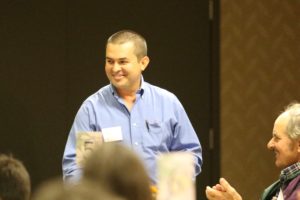
José reflected on how learning English at CMC has empowered him to live more self-sufficiently and help his friends do the same.
I started work at a dairy farm in Marion in 2003. When you work on a farm you don’t need high level English. But back then if I don’t know some word, I asked my boss with a translator or a white board to write the word and tell me how it sounds. That way I learned a lot too.
Now things are more easy than back in the past.
I have met different people from other countries at the CMC, and now they are my friends. They are from Brazil, Congo, Vietnam, Syria, and my actual tutor is from the UK. Over the years, I’ve also worked with different tutors and several staff members. I have nearly completed 4 books. Learning English at CMC has given me much more confidence in my daily living in this country.
Now I’m helping other immigrants to find a job, taking them to apply or to interviews, look for a car or apartment. I help them with the same problems I had in the beginning. And all these things thanks to the English I learned here at CMC.
I want to say thank you to all the community at the CMC for the great job they’re doing transforming lives one at a time.

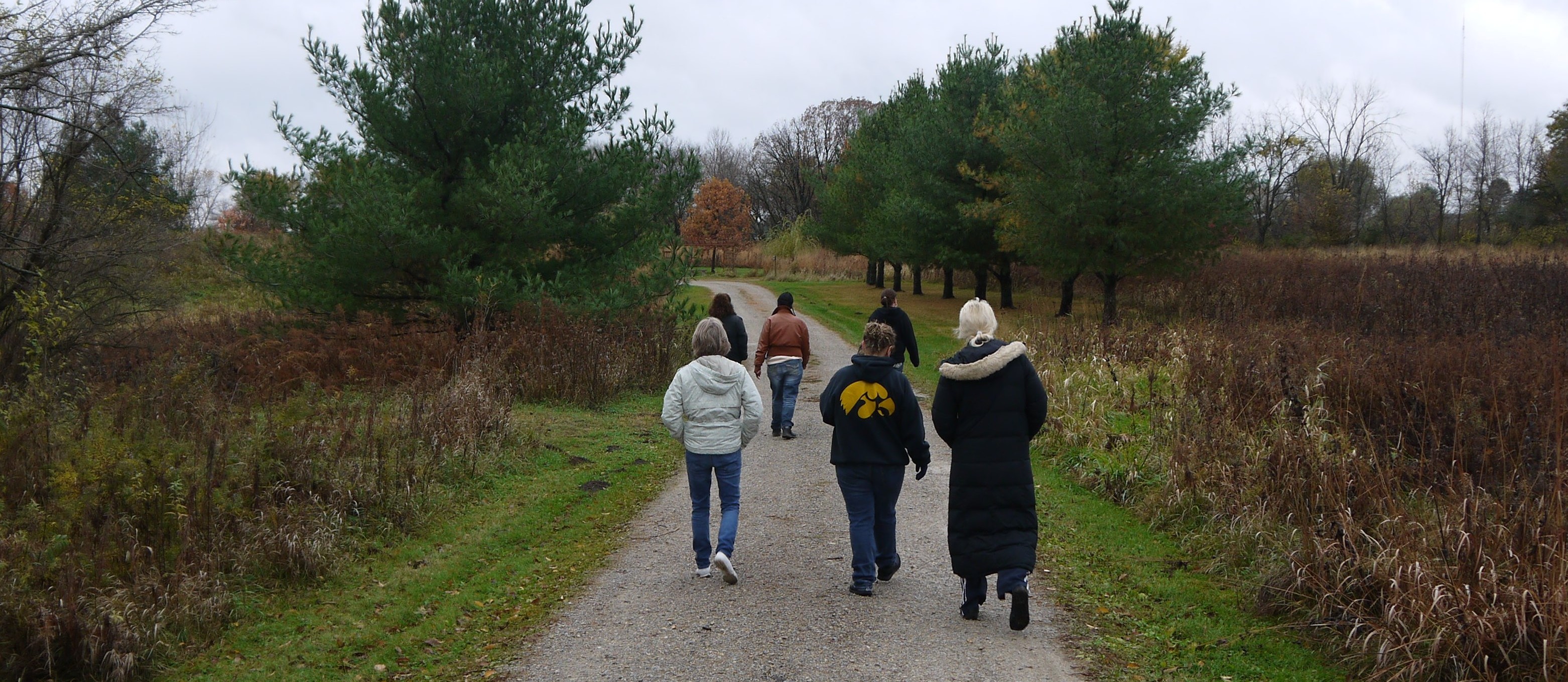
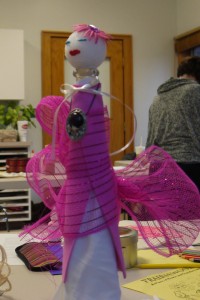 Housing staff explained that because every person learns differently, these creative activities allow the women to use many techniques to explore their inner-selves. These techniques include writing in a journal throughout their time on the retreat, listening to music and then describing how the lyrics apply to their own lives, spending quiet time in meditation and reflection on nature, creating a “stress box” that contains coping mechanisms for handling stress, and creating their own “inner-goddesses”, which are physical models representing the positive characteristics each resident sees in herself.
Housing staff explained that because every person learns differently, these creative activities allow the women to use many techniques to explore their inner-selves. These techniques include writing in a journal throughout their time on the retreat, listening to music and then describing how the lyrics apply to their own lives, spending quiet time in meditation and reflection on nature, creating a “stress box” that contains coping mechanisms for handling stress, and creating their own “inner-goddesses”, which are physical models representing the positive characteristics each resident sees in herself.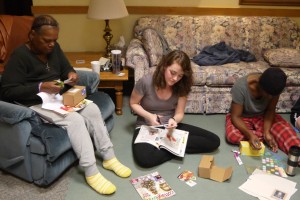 An agreed-upon highlight of the retreat occurred during an activity led by alumni who have graduated from the Transitional Housing Program and are now leading self-sufficient lives. Alumni asked each woman to write a poem about herself then read it aloud to the group. Though staff were present, it was the current and former residents who controlled the direction of the conversation and provided the overwhelming sense of openness and encouragement that resulted. This activity that is easily described as the most powerful experience of the retreat demonstrated the strength of current residents and the transformation that program alumni have experienced.
An agreed-upon highlight of the retreat occurred during an activity led by alumni who have graduated from the Transitional Housing Program and are now leading self-sufficient lives. Alumni asked each woman to write a poem about herself then read it aloud to the group. Though staff were present, it was the current and former residents who controlled the direction of the conversation and provided the overwhelming sense of openness and encouragement that resulted. This activity that is easily described as the most powerful experience of the retreat demonstrated the strength of current residents and the transformation that program alumni have experienced.